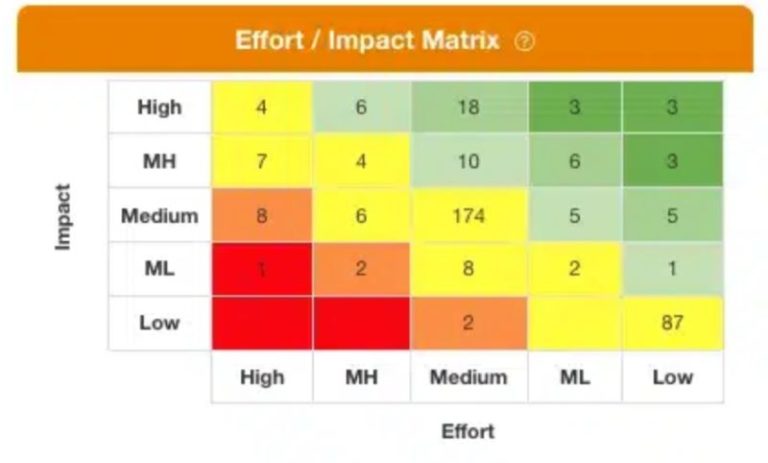

The way we connect, exchange goods, and seek out services has evolved dramatically over the past two decades. What began as simple newspaper listings has grown into a rich digital ecosystem of online classified communities. These spaces offer everything from local job postings to housing listings and even niche personal ads. With the closure of certain popular platforms, many users have turned to new options. Today, these communities continue to thrive in corners of the internet that embrace anonymity, accessibility, and diversity of needs.
The Evolution of Online Classifieds
Online classified ads were once dominated by a few major players. Websites like Craigslist and Backpage pioneered the digital version of what had traditionally been a newspaper section. However, as digital platforms grew and regulations shifted, many of these once-dominant websites had to adapt or shut down entirely.
Backpage, for example, was one of the most well-known platforms offering a wide array of services and ads, but its shutdown created a void that users quickly sought to fill. From that vacuum, new platforms emerged to carry the torch. This evolution wasn’t just about necessity; it reflected a growing demand for better user experiences, more security, and freedom of expression.
Embracing Diversity in Modern Communities
Modern classified communities aren’t one-size-fits-all. Many of today’s platforms cater to specific user bases or needs, whether that’s focused on gig work, personal connections, niche interests, or hyper-local interactions. This fragmentation may seem like a setback to some, but it actually gives users more power. They can now choose platforms that prioritize their privacy, showcase only relevant listings, or promote more robust moderation systems.
These communities often value trust and repeat interaction. Unlike social media, where content can quickly become noise, classified spaces are usually more intentional. Users come with a purpose, and the platforms that thrive are the ones that help people achieve their goals quickly and safely.
Where Users Are Going Now
With so many options available, it can be overwhelming to find the right platform. Whether someone is looking to buy second hand goods, hire a freelancer, or post a personal ad, today’s users have access to a variety of digital spaces designed to meet those exact needs.
After the shutdown of Backpage, many turned to Backpage alternatives that offered a similar experience with updated safety measures and improved functionality. These sites retain the core elements that users appreciated, such as simplicity, a wide range of categories, and anonymity, while implementing smarter moderation tools to create safer environments.
The Role of Trust and Anonymity
Trust plays a significant role in the health of classified communities. Buyers and sellers alike want to know they are protected from scams, while users posting personal ads value discretion and control over their visibility. The most successful platforms build trust through transparency, feedback systems, and robust reporting mechanisms.
Anonymity also continues to be a key feature for many users, especially in categories like personal connections or adult services. While mainstream platforms may shy away from these listings, alternative classified communities provide a space where adults can communicate openly, often with optional verification features that give users additional layers of security without forcing them to sacrifice privacy.
The Future of Classified Spaces
As technology advances and user needs continue to shift, the future of classified communities looks both exciting and unpredictable. Integration with mobile apps, real-time messaging, and even blockchain verification are all elements being explored across various platforms. What remains consistent, however, is the fundamental human desire to connect, trade, and communicate. Whether you’re seeking out a local odd job, a meaningful connection, or a safe place to advertise a service, today’s classified communities offer a rich variety of options. These platforms are not relics of the past—they’re thriving, adapting, and growing stronger in the modern age.


